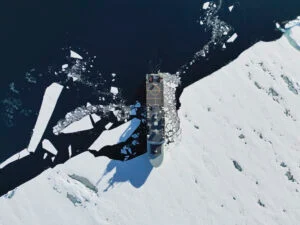
People & Culture
On thin ice: Who “owns” the Arctic?
As the climate heats up, so do talks over land ownership in the Arctic. What does Canadian Arctic Sovereignty look like as the ice melts?
- 4353 words
- 18 minutes
This article is over 5 years old and may contain outdated information.
Mapping
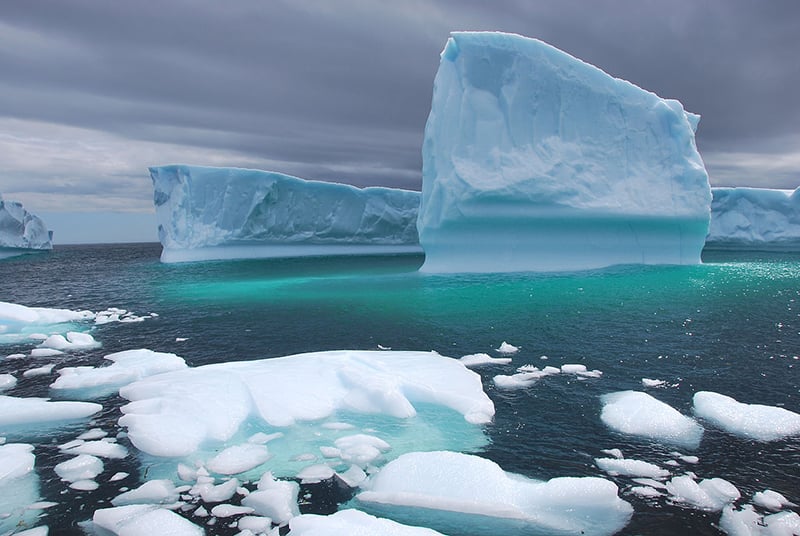
Ships hate them, but tourists flock to Newfoundland to see them. The province boasts some of the best and most accessible spots to see icebergs, but it’s interesting to remember that those giant floating blocks of ice have traveled thousands of kilometers. Starting most likely on the west coast of Greenland (over 90 per cent of icebergs are calved from the glaciers there), they would have drifted on the current for between one and three years before reaching the Grand Banks, at which point it can take a variety of different directions. This map helps illustrate the main path of Canada’s icebergs, and offers some interesting facts about them.
Are you passionate about Canadian geography?
You can support Canadian Geographic in 3 ways:
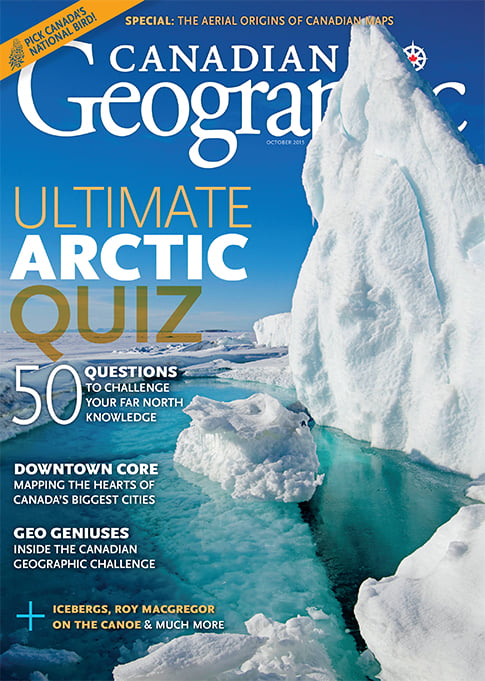
This story is from the October 2015 Issue

People & Culture
As the climate heats up, so do talks over land ownership in the Arctic. What does Canadian Arctic Sovereignty look like as the ice melts?

Mapping
Maps have long played a critical role in video games, whether as the main user interface, a reference guide, or both. As games become more sophisticated, so too does the cartography that underpins them.
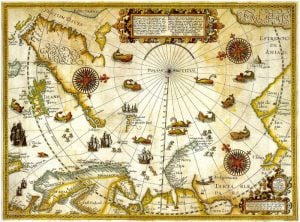
Mapping
The mysteries of the Arctic have captivated explorers and mapmakers for centuries, as Europeans searched for northern sea routes to Asia.The blending of myth and fact in…
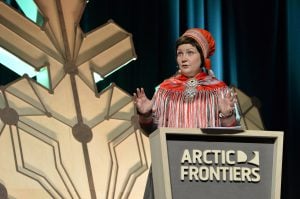
Environment
The uncertainty and change that's currently disrupting the region dominated the annual meeting's agenda